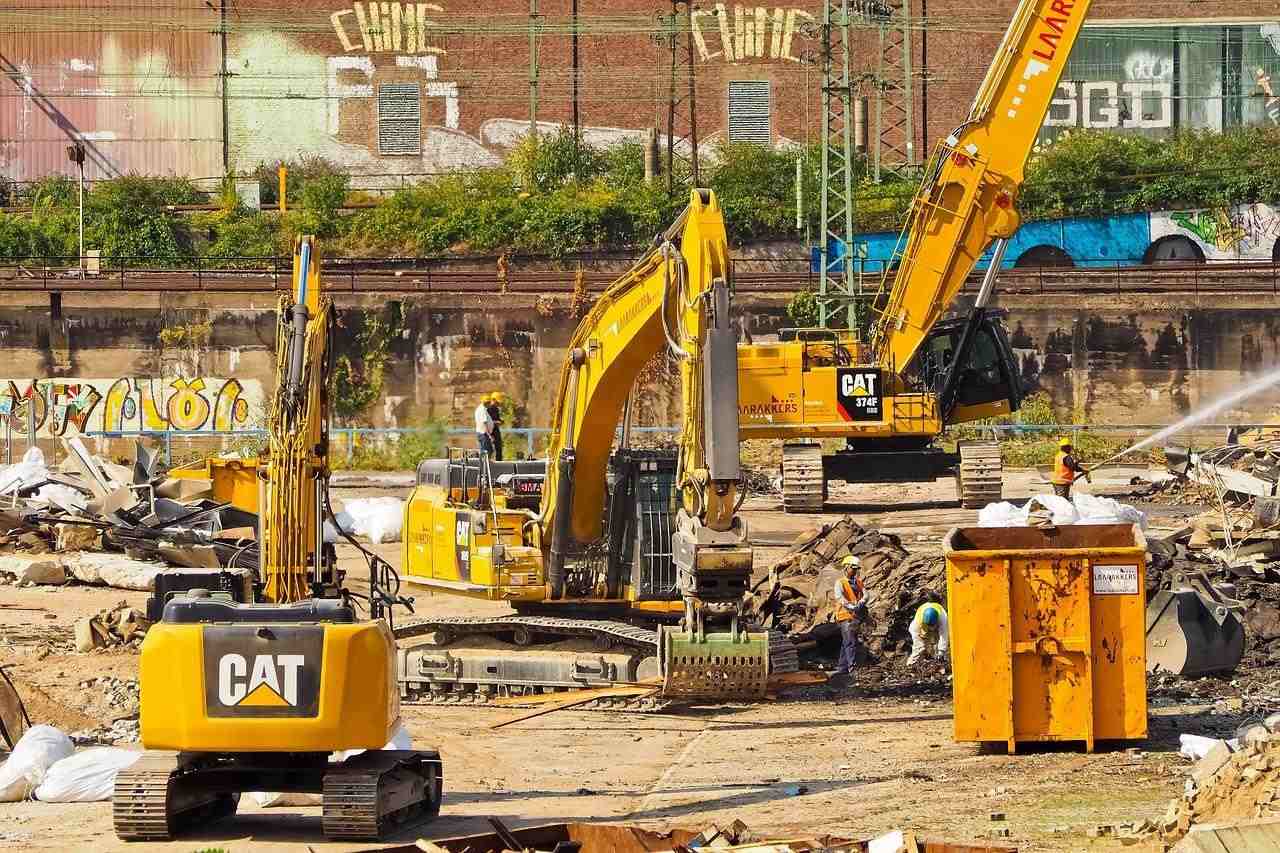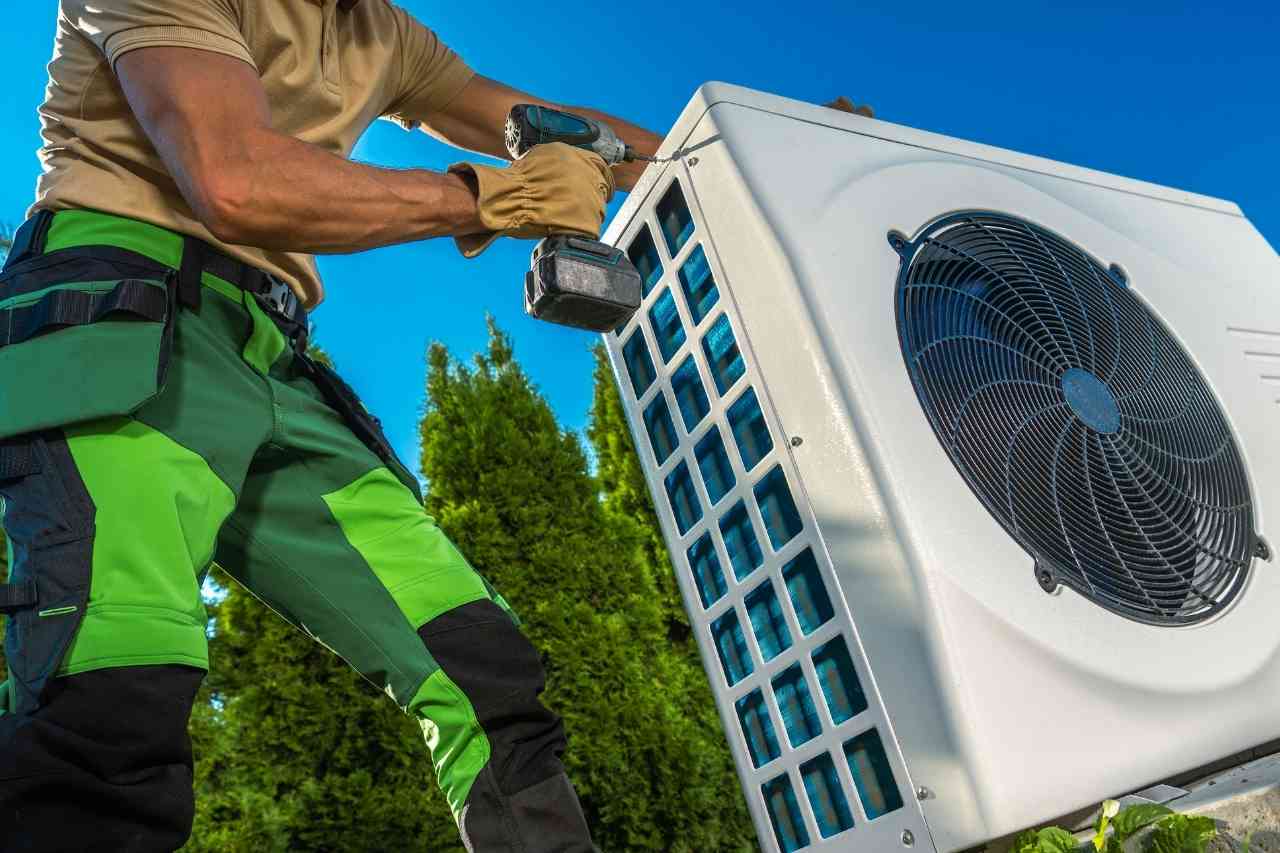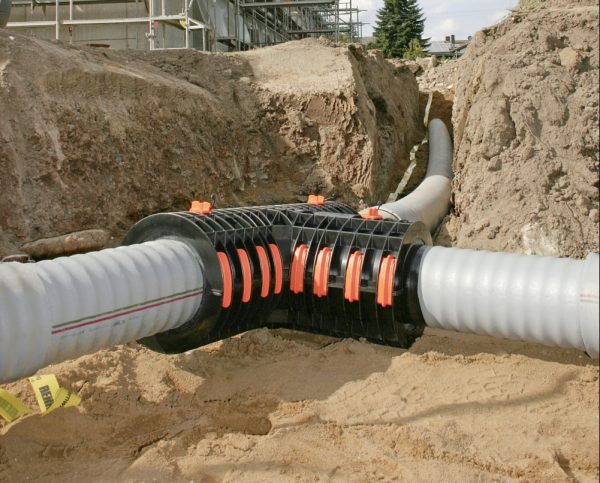Cityzen director views cost-of-living crisis as a Net Zero opportunity
- Chloe C
- September 19, 2022
Cityzen Director Views Cost-Of-Living As A Net Zero Opportunity
The cost-of-living crisis is making news headlines across many countries in Europe. There is no doubt that we are experiencing a cost-of-living crisis as inflation is hitting heights never seen before. Unfortunately, we are also battling a climate change issue that we cannot afford to put on the back burner any longer.
We need to find ways of overcoming the cost-of-living crisis while also still achieving our Net Zero goals.
The cost-of-living crisis is taking over several people’s lives with many struggling to deal with the rising prices. As energy bills are set to top £3,500 a year for the average household, many people are afraid that they will not be able to heat their houses this winter or that they will have to choose between filling the car up with petrol or putting food on the table for their families.
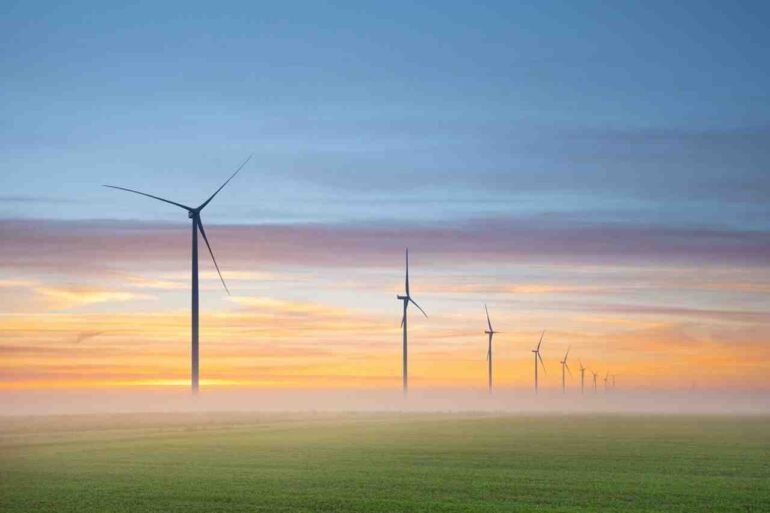
Governments once gave businesses funding for retrofit schemes and other projects to reach Net Zero 2030 and 2050 goals, however now, the government’s attention is on giving people subsidies on their energy bills.
The Net Zero agenda has been somewhat neglected.

John Smith, Director of Cityzen Limited said in an interview with Constructive Voices:
“Is the concept of Net Zero being pushed way down peoples’ agenda, whether they be households or business owners.”
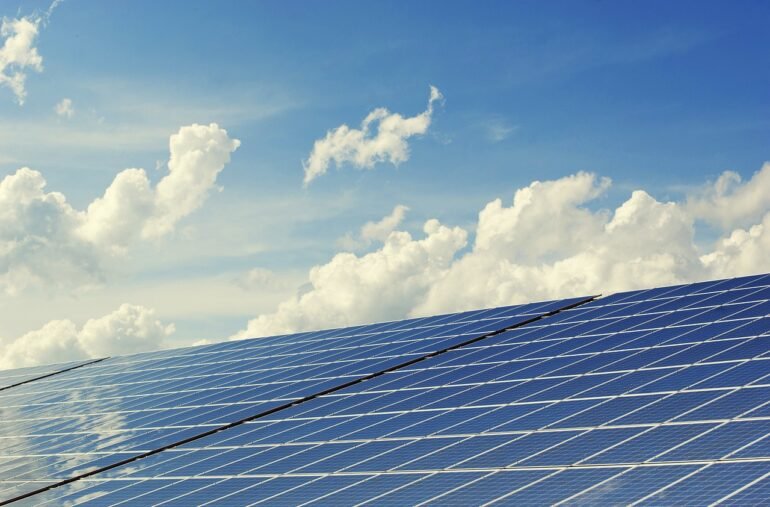
Recent reports show that some politicians are turning against the Net Zero agenda as they see it as too expensive in an era of rising prices and energy bills.
It is becoming increasingly clear that Net Zero is no longer a priority to some people.
John Smith believes that we should view the cost-of-living crisis as an opportunity rather than just a problem.
John Smith, Director of Cityzen Limited said in an interview with Constructive Voices:
“So now is the time to push more than ever, I think it is the answer.”
“At the same time, we should be thinking well if things are going to cost that much, why don’t we look at reducing the actual need, because if the energy companies dropped all their prices tomorrow, everyone would just turn things back on and that’s no good for the environment and the planet.”
The cost-of-living crisis is resulting in people using less electricity which is saving energy and fewer people are driving which is reducing carbon emissions. It is hard to ignore the fact that these consequences of the crisis are all positive for the environment.
However, we need to find a balance to ensure that our Net Zero goals are met but also that people are safe, happy and warm.
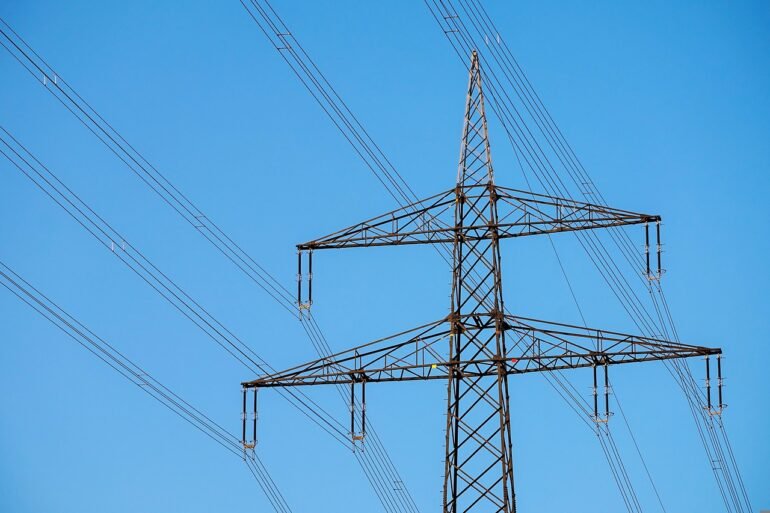
John Smith believes that the government needs to do more to address both the cost-of-living crisis and the climate change emergency.
John Smith, Director of Cityzen Limited said in an interview with Constructive Voices:
“An easy one is to reduce the VAT on energy efficiency products or even get rid of VAT on energy efficiency products.”
By the government reducing the VAT on energy efficiency products they are making green construction cheaper, which will encourage more construction workers to build in an environmentally friendly way. Thus, tackling the combination of both the cost-of-living crisis and the climate change emergency.
This investment on behalf of the government is needed also due to the energy inefficiency of some of the houses in the UK. Recent reports indicate that the UK has some of the least energy-efficient housing stock in Europe.

This year’s energy crisis is going to be felt by a lot more people when the winter comes in as a lot of houses in the UK do not have full insulation or airtight controls. This means that occupants are going to require more heating which is going to result in their energy bills rising dramatically.
One way to tackle the cost-of-living crisis with Net Zero in mind is to increase the supply of energy-efficient houses. The government needs to step up and take responsibility by investing in energy efficiency to make people’s lives better and warmer.
This investment will result in people being able to have the heating on for longer, at a lower cost. Alternatively, insulated houses will require the heating to be on less for shorter amounts of time.
Both of these cases will result in cheaper energy bills which addresses the cost-of-living crisis and less energy usage which addresses the climate change emergency.




